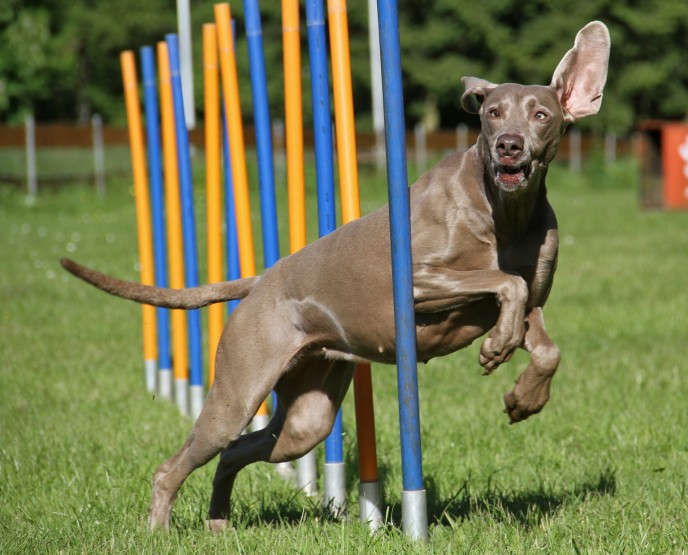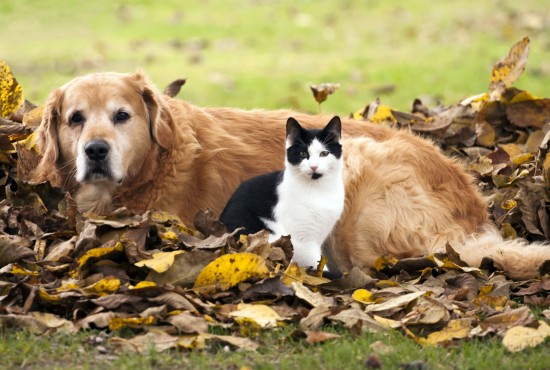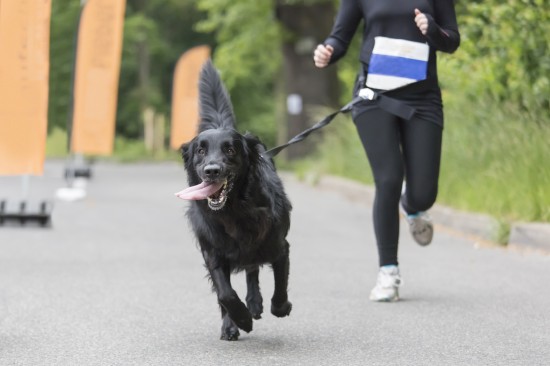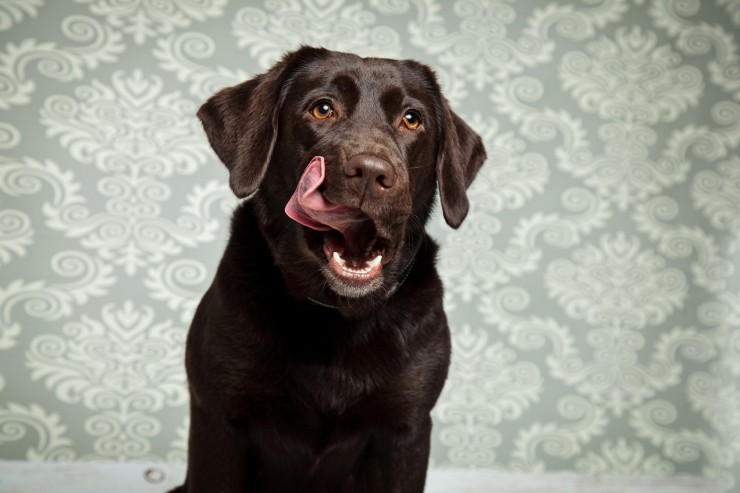
Your dog's kidneys are responsible for eliminating toxic wastes and keeping the correct balance of chemicals in the blood. Kidney disease in dogs occurs when the organs are no longer able to function properly. This condition comes in two forms.
Forms
This disease can be either acute or chronic. The acute version occurs suddenly and sometimes causes irreparable damage. Dogs of any age are susceptible to this condition. Chronic kidney disease is progressive, and develops slowly over time. It usually affects older dogs.
Causes
Many things can cause kidney disease in dogs. Ingestion of toxic substances such as antifreeze or rat poison is a common reason. Medical conditions such as bacterial infections, fungal infections, and heart disease also increase the risk. Kidney function will naturally decline with age, so aging also plays a role.
Symptoms
This disease causes a wide range of symptoms. Increased drinking and urination are two of the most common. Dehydration can also become a problem. Other common signs of kidney disease include loss of appetite, diarrhea, muscle weakness, discolored teeth, and ulcers in the mouth.
Diagnosis
If your dog displays some of the aforementioned symptoms, you should have him checked out as soon as possible. The veterinarian will analyze your dog's blood and urine. Other tests to detect this disease include an x-ray, ultrasound, and biopsy of the kidney. A kidney biopsy is the most definitive method of diagnosis.
Treatment
In order to treat kidney disease in dogs, the underlying cause must be treated first. Intravenous fluids may be given to help remove toxic wastes from the blood. If that fails, your dog may have to undergo dialysis.
Unfortunately, the chronic version of this disease is incurable. Treatment involves trying to slow down the progression of the disease. Your dog will have to eat a special diet and drink plenty of water.
 Professional Cattery Warrington Services
Professional Cattery Warrington Services
Regar
Professional Cattery Warrington Services
Professional Cattery Warrington Services
Regar
 A Short Explanation Of Dog Agility Training Equipment
A Short Explanati
A Short Explanation Of Dog Agility Training Equipment
A Short Explanati
 Vomiting, Regurgitation And Expectoration In Cats And Dogs - The Difference
Vomiting, Regurgi
Vomiting, Regurgitation And Expectoration In Cats And Dogs - The Difference
Vomiting, Regurgi
 Jogging With Your Dog - The Dos And Donts Of Taking Part In A Fun-run
Jogging With Your
Jogging With Your Dog - The Dos And Donts Of Taking Part In A Fun-run
Jogging With Your
 Prescription Diets For Dogs Explained
Prescription Diet
Prescription Diets For Dogs Explained
Prescription Diet
Copyright © 2005-2016 Pet Information All Rights Reserved
Contact us: www162date@outlook.com